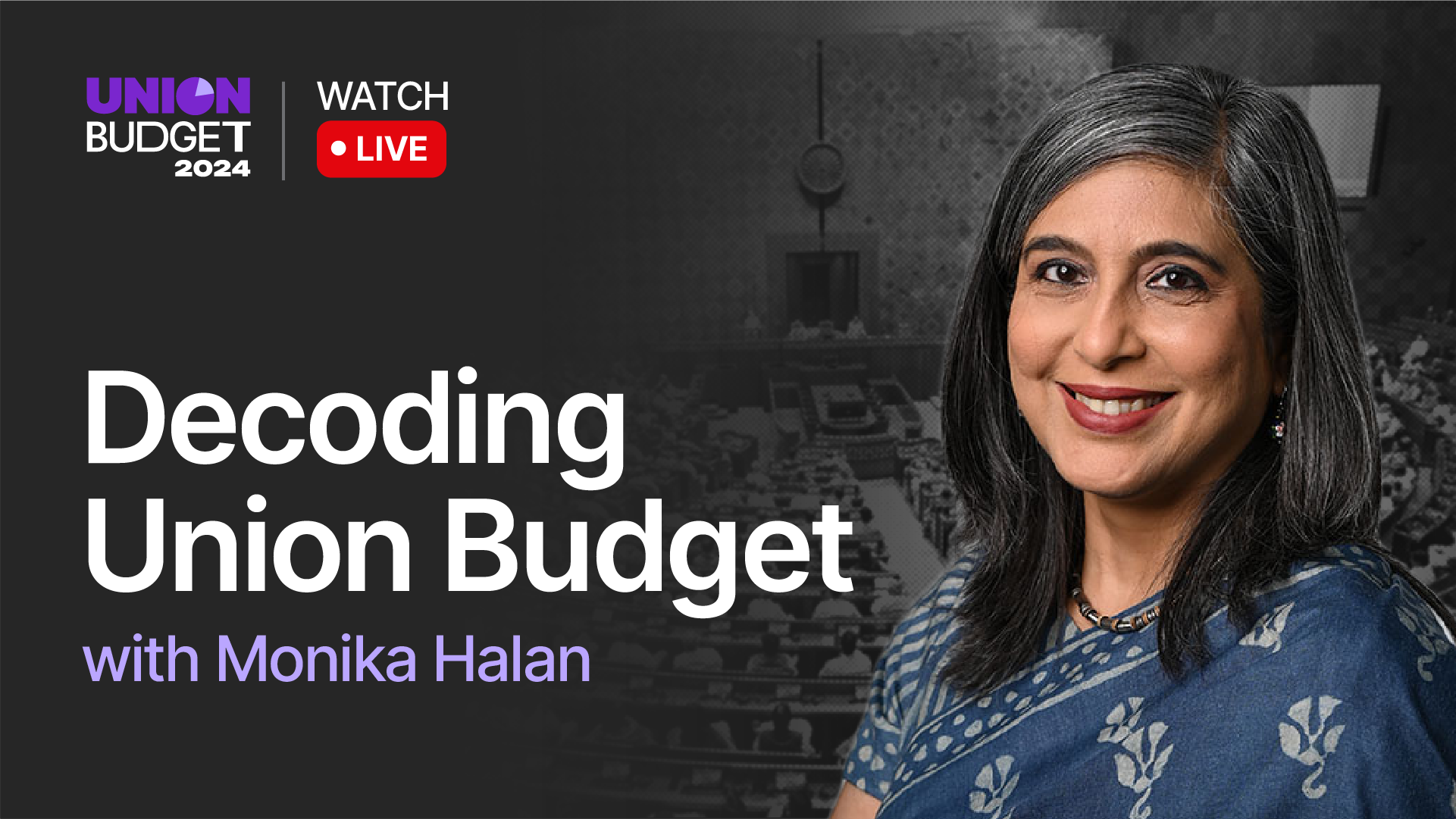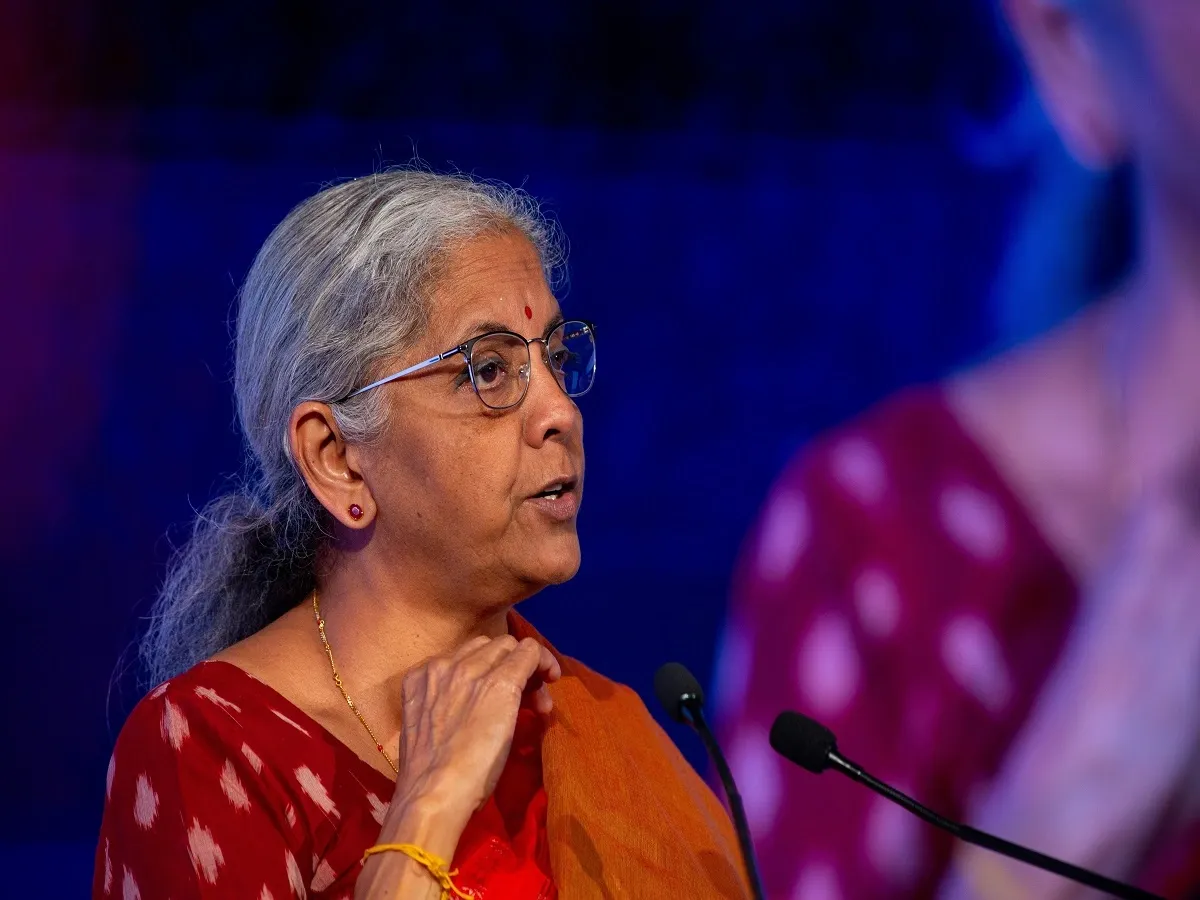Business News
From the price of chini, tel, atta to income tax slabs: How my relationship with the Budget has changed

3 min read | Updated on January 20, 2024, 17:15 IST
SUMMARY
As a school-going child, I never quite understood the exact purpose of the Budget. I used to think it was just an announcement on price hikes of various day-to-day items.. I bought my essentials from a village shop and always wondered why the government felt the need to increase the price every year. I got my answers when I passed high school.

Budget is about much more than prices of daily essentials
I grew up in a small village in Hayaghat, Bihar, which romantics might label a Shakespearean hamlet. As a school-going child, my first encounter with the Budget was through talks on the radio and the post-Budget articles in Hindi newspapers, which would solely focus on how basic items would get more expensive. Beyond things getting more dearer, I never quite understood the exact purpose of the whole exercise. I used to think it was just an announcement on price hikes of various day-to-day items.
I would always wonder how this price hike worked. I bought my essentials from a village shop and always wondered why the government felt the need to increase the price every year. I got my answers when I passed high school.
In college, the Budget documents became a source of knowledge and an opportunity to show off I am the alpha in the circle. However, my concern around it shifted from expenses to understanding how the process worked. Even then, I often got worried over the complex terms and all the mathematical summaries it used to present.
As a below-average student who passed the subject by the-skin-of-my-teeth, I would always be bewildered by what looked like indecipherable calculations in the Budget papers.
Somehow, I figured that all newspapers presented a graph taking ₹1 as a base of calculation: from where it comes and where it goes. This simplified my understanding of the complex exercise to a great extent. At long last, I could understand why I didn’t pay any fees at the government schools and why my college fees and hostel charges at a leading central university were so less, and how, coming from a zero-monthly family income group, I could complete my Master’s degree almost free of cost.
As they say, all good things must end. After my university days, I landed in Delhi and then got a job only to remain outside the tax bracket for three years. In my mind, I always wanted to be an income-tax payer—a contributing member of society, if you will.
Soon, it happened and started to grow into a concern as my career progressed, and I wondered if I was contributing too much to the nation’s betterment.
About The Author
Next Story

